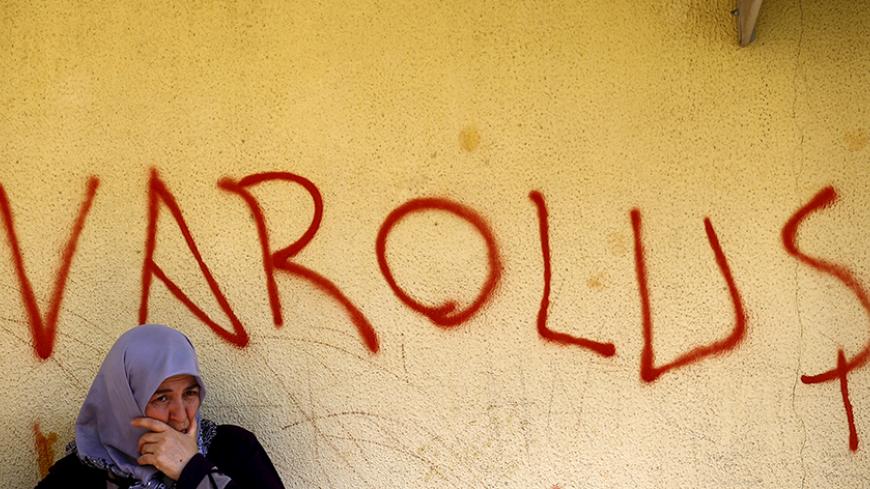DIYARBAKIR, Turkey — For Nevzat Ozgen, a Kurd in his 30s, several simple objects in his home in Diyarbakir are more precious than anything: a flashlight, a lighter and a mukhtar’s seal. They are relics of his father, who remains without a grave after vanishing two decades ago. Ozgen’s father is among thousands of people who disappeared at the height of the Kurdish conflict in Turkey’s southeast, where bloody violence is simmering anew.
Fikri Ozgen, 72, was on his way to the pharmacy when he disappeared in February 1997. According to witnesses, the elderly man was forced into a car by four armed men and driven away. Such incidents occurred frequently in the 1990s as Ankara scrambled to suppress an armed insurgency led by the Kurdistan Workers Party (PKK). Men in plainclothes, believed to be members of the security forces, would force civilians into cars and whisk them away, with no word about their fate. Ozgen was never heard from again. Because of his advanced age, the family initially hoped he would be released and return home safe and sound. But their hopes faded as numerous petitions to the police, prosecutors and paramilitary police proved futile. No one would confirm they had Ozgen in custody.



